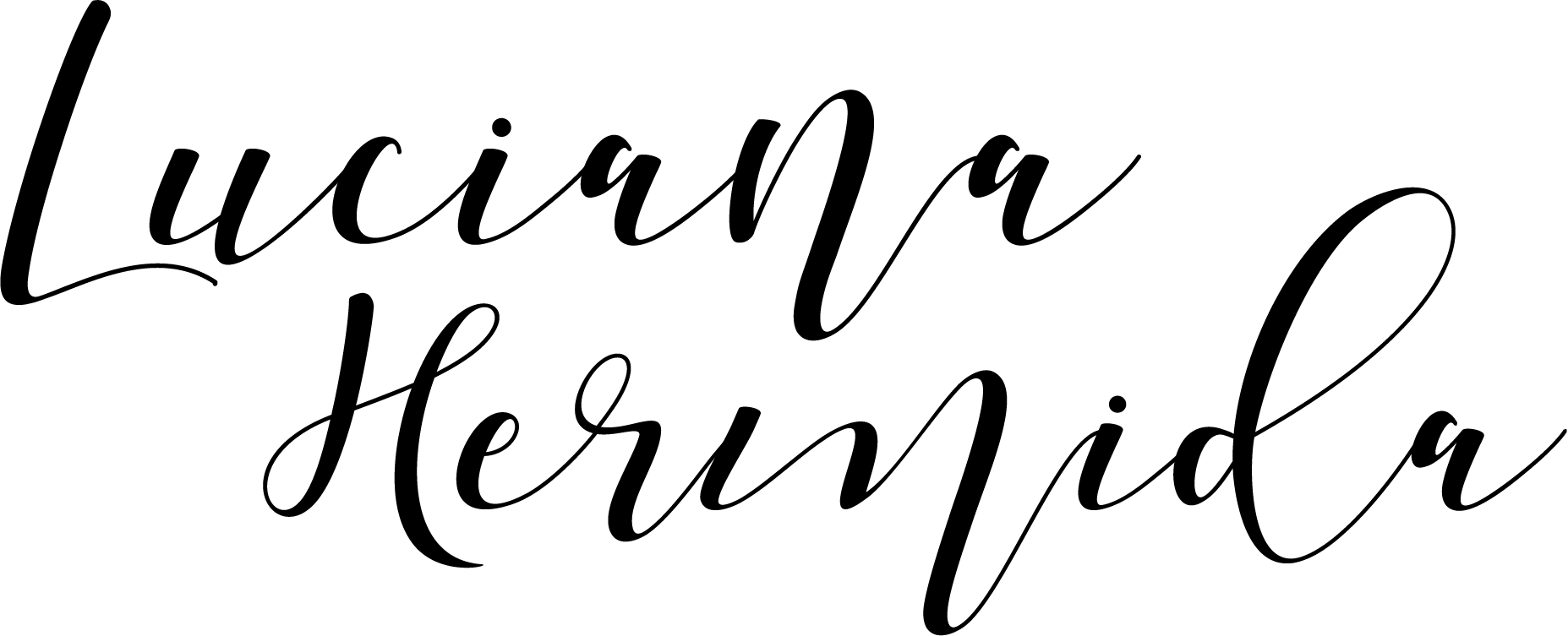Thoughts on light and darkness
Last week I had the opportunity to visit ‘This is a FOREST' in Leeds, an exhibition by the arts studio Invisible Flock (http://invisibleflock.com)
This is a FOREST explores what might be possible if we work with - rather than against - nature, it exposes systems and structures that prevent ecosystems from thriving. [www.leeds2023.co.uk]
I felt inspired by how the message was conveyed in different forms, from 2D artworks to sculpture, photography, installations and film. 'This is a FOREST' celebrates nature whilst shining a light onto areas that makes us uncomfortable; in terms of how we conceive nature as part of our lives, even more so, how we place ourselves as part of an economic system that stirs away from life, that takes away more than what it returns to the land, to the oceans, to ourselves.
The question is, how we place ourselves in front of these uncomfortable truths? Do we acknowledge enough the damage to nature, to ourselves, that is being caused? Do we slow down and sit in the darkness and let our eyes adjust? The darkness translates into the fact that climate change and the effects of it are being felt worldwide. Do we think often enough that our planet is dying? That a future for our kids might not be as bright as we would wish?
I am not usually a pessimistic person, rather quite optimistic, and during my journey of acknowledging climate change and my worries about a brighter future for our younger generations I occasionally found myself in the past ‘looking away’ because truth can be uncomfortable and I didn’t want to feel like that. I wanted to be happy. But I realised this attitude didn’t serve as a solution, but it was rather part of the problem, a selfish way by not fully acknowledging what was (is) happening. Transitioning into a way of thinking that is more in tune to what is happening is something I have been working on and I still am.
What if, instead of looking away, we can look at darkness directly, let it sink in and do something about it? It requires an engaged decision of saying ‘yes, I want to do something about it. I don’t want to live in darkness, I want to see light’. In order to see light, we all need to sit together and acknowledge, and make conscious decisions on what we do on our everyday lives to change it.
Alongside this wonderful exhibition, I recently watched the limited series ’All the Light we Cannot See’ based on the novel by Anthony Doerr. Is set during World War II, its main characters are a blind girl and a German genius, their lives run parallel to each other exploring the subjects of human strength, beauty found in art and science, paternal love, endurance, detachment, being true to oneself.
The story resonates so well with what's happening around the world at the moment as well as climate change. It illustrates the futility of war and its awful consequences, the physical and mental damage. Yet, within this darkness there is light. The blind girl can’t see and she doesn’t have to close her eyes to see that there is light within her and outside her too.
‘All the Light we Cannot See’
highlights that there is so much to life that goes unnoticed, and while it's difficult to recognize positivity amid horrid violence, it's there. We just have to be willing to adjust and engage to be able to see it.




